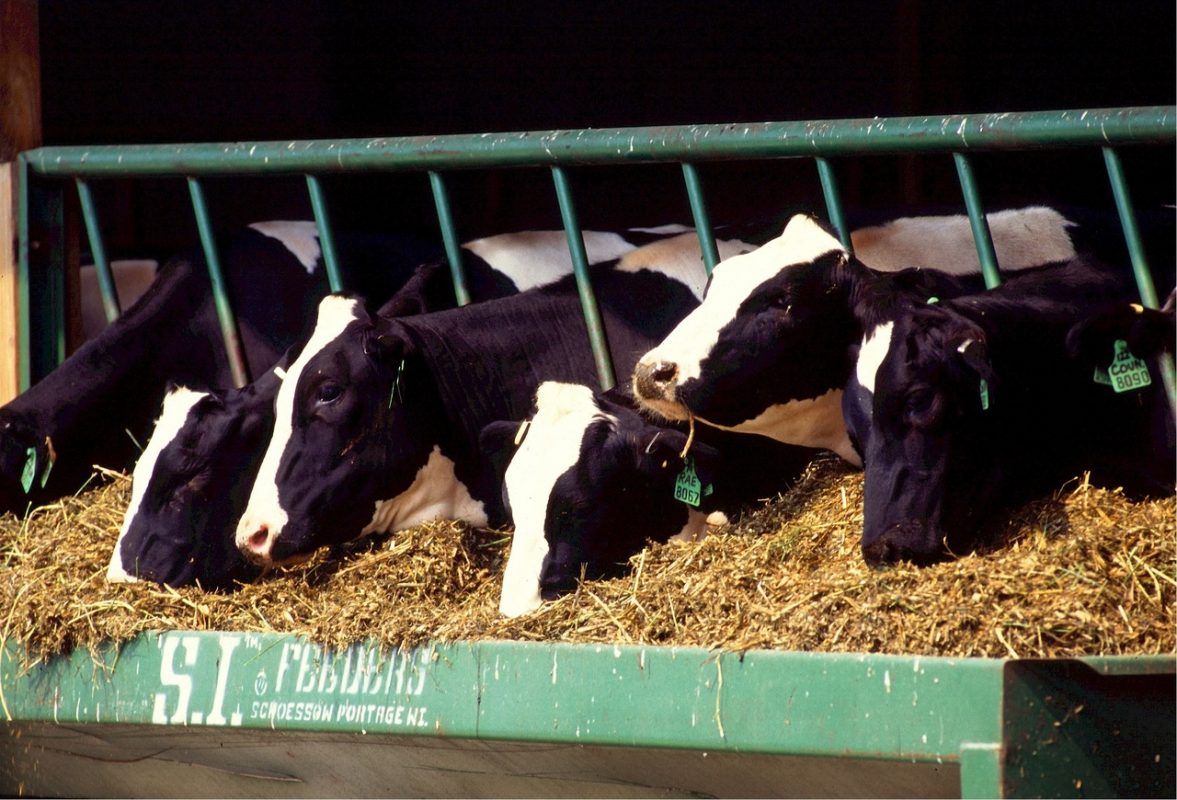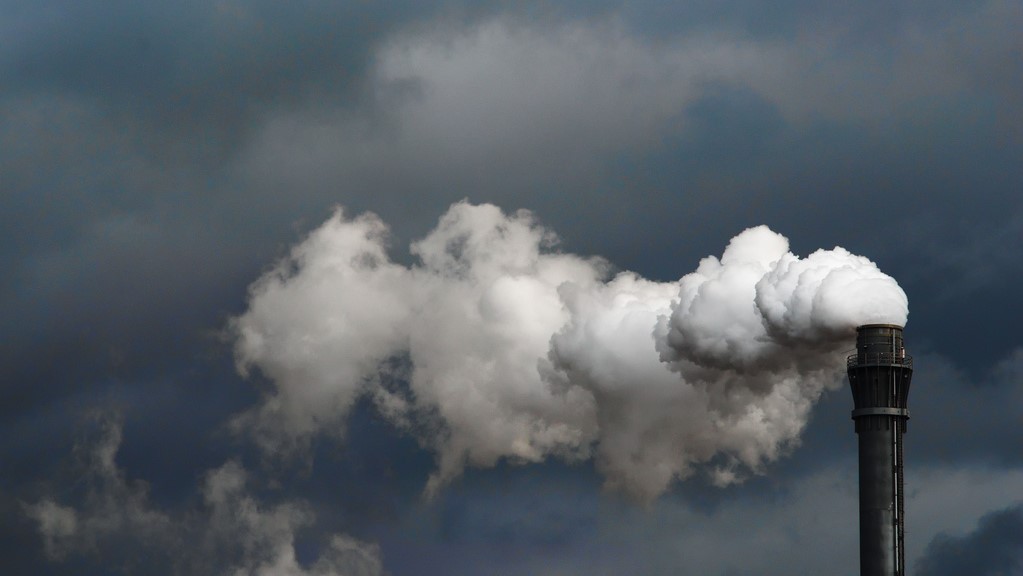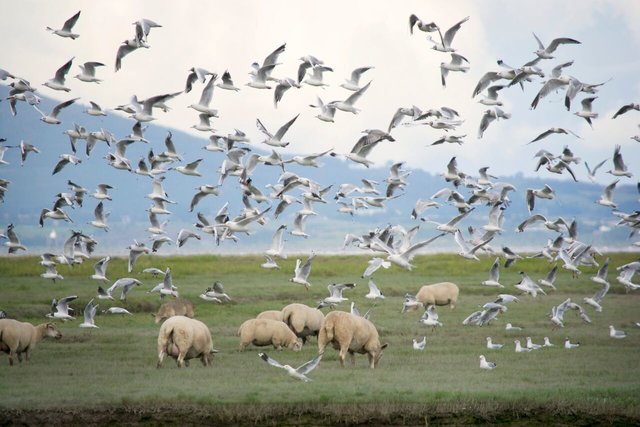A necessary evil? The farming view on glyphosate

August 8th, 2018
The license for glyphosate was renewed for five years last November by the European Commission.
Glyphosate is the active ingredient in over 750 products including Roundup and is often sprayed as a pre-harvest drying treatment on food crops.
The EU risk assessment process of renewing the substance’s license has been mired in controversy. The International Agency for Research on Cancer (IARC), the specialised cancer agency of the World Health Organisation, classified glyphosate as probably carcinogenic to humans in 2015.
However, the European Chemicals Agency (ECHA) has said that there isn’t enough scientific evidence currently available to prove that glyphosate causes cancer,
A recent study from NUI Galway found that the Irish adult population is subject to low non-occupational exposure of glyphosate through pesticide residues on fruit, vegetables, and grains after spraying.
In order to gauge the opinion of those who are most likely to come into contact with glyphosate, The Green News carried out a survey of 270 Irish farmers.
Just under 90 per cent of the farmers surveyed – the vast majority of who are conventional farmers – are in favour of the use of the likes of Monsanto’s Round-Up.
For many of the farmers surveyed the spray is “a necessary evil” as there is no cost-effective alternative available to them.
However, some farmers – the majority coming from Ireland’s small organic sector – see glyphosate as a “short-term solution” with long-term negative impacts.
Below is a sample of the voices from the farming community who discussed their views of the controversial active ingredient with The Green News.
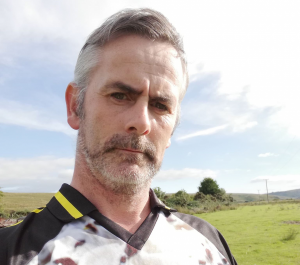
“I only use glyphosate to target ferns. I had a strong bloom of them this year and I am planning to hit them multiple times this growing season,” says Raymond Haughey, a sheep farmer from the Sperrin’s Region of Co Tyrone.
Despite using glyphosate as a last resort, he welcomed the renewal of the herbicide’s license and talks about the substance as “a necessary evil”. The weed killer is versatile and can be used for crop development and protections as well as just the burning of weeds, he explains.
He thinks that using other methods than glyphosate would be losing a battle with more land lost to the farmer every year. “It’s too labour intensive for me to do it myself and I don’t make enough money to employ the amount of labour required to manage it,” he adds.
The mild damp climate of Ireland is not suitable to fight weeds manually, according to John McNally, a beef farmer, and cereal grower. “To keep weeds down, products like Round-Up are needed to burn from the shoots to the roots.
“If farmers don’t get the spray, there will be a large decline in this country as the ability to take out weeds will be impossible unless the price of food rises dramatically,” he says.
 Mary McCormack formed the group Camowen Farmers Combined in Co Tyrone and trains farmers on how to spray pesticides. “I am not sure if they appreciate an old lady showing them how to drive a tractor,” jokes the 63-year-old.
Mary McCormack formed the group Camowen Farmers Combined in Co Tyrone and trains farmers on how to spray pesticides. “I am not sure if they appreciate an old lady showing them how to drive a tractor,” jokes the 63-year-old.
Glyphosate is “brilliant” but “too widely available,” she says. “People from non-farming sectors go into the nearest farm supplies and buy these chemicals. They use them unprofessionally and increase the risk of leaching into waterways and cycling through the food chain,” she explains.
Like many farmers, she does not believe that there are effective alternatives to glyphosate. “Organic farms will never be sustainable in these times when cheap food is demanded,” she says.
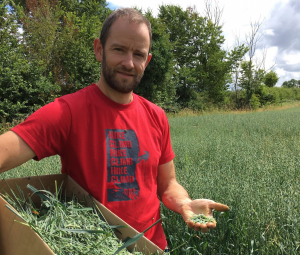
Ross Hennessy, an organic biodynamic farmer in Co Sligo, is “strongly” against the use of glyphosate in Ireland and that it is a short-term solution with long-term effects.
“We’re the first generation of human trials. We’re handing down very poor soil health to the next generation all to save a few quid. We need a strong shift in agricultural practices. Round-Up will be gone at some point in the near future and we need to adapt before this happens,” he says.
Glyphosate deprives plants of vital minerals, according to Clive Bright, an organic beef and lamb farmer also based in Co Sligo. “The nutrient profile of food grown in soil where glyphosate has been used is diminished,” he says.
The organic approach is to find the causes with a whole system approach rather than treating the symptoms, says Bright, who is also a Public Relations & Development Officer with the Organic Trust. Too many weeds are an indicator of a soil problem such as compaction, chemical imbalance, an unfavorable pH level or another biological problem.
Organic farmers use a rotation system or inter-cropping system where two crops grow together to compete with the weed. They also use a different variety of crops to compete against weed pressures, he says. Hand weeding is also used by some but it is more labour intensive.
“Farming in Ireland is less intensive than in other countries. Irish farmers are not using a lot of chemicals but they still aren’t interested in going the step farther to get an organic certification. It’s something for the next generation,” explains Grace Maher from the Irish Organic Association.
Although she recognizes that organic methods have a financial cost, cheaper agrochemical production means that “society is paying for them in others ways”.
[x_author title=”About the Author”]




